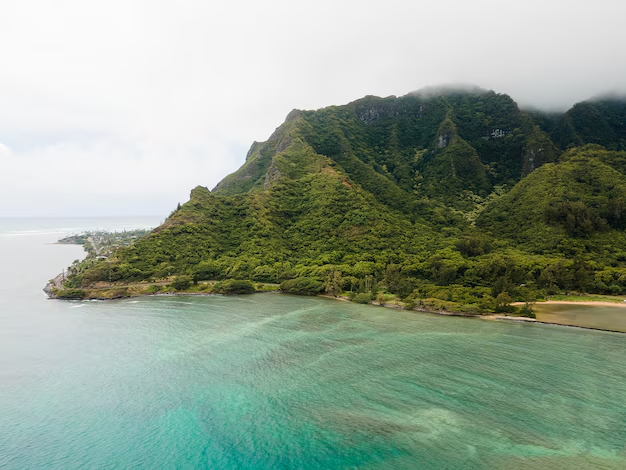In the lush hillsides of the Kona district on Hawaii’s Big Island, the cultivation of coffee has not only shaped the landscape but also played a pivotal role in shaping the economy and community of the region. Kona coffee, with its unique flavor profile and global reputation for quality, has become a symbol of Hawaiian culture and heritage, contributing significantly to the economic vitality and social fabric of the islands. In this post, we’ll explore the multifaceted impact of Kona coffee on Hawaii’s economy and community, highlighting its contributions to employment, tourism, cultural preservation, and community development.
Economic Contributions

Kona coffee is a major economic driver for Hawaii, generating millions of dollars in revenue annually and supporting thousands of jobs throughout the state. The coffee industry provides employment opportunities for farmers, processors, roasters, retailers, and hospitality workers, contributing to both direct and indirect employment across various sectors of the economy. Additionally, Kona coffee exports bring valuable income to the state and contribute to Hawaii’s overall economic prosperity.
Tourism and Hospitality

Kona coffee plays a significant role in Hawaii’s tourism industry, attracting visitors from around the world who come to experience the rich cultural heritage and natural beauty of the islands. Coffee plantation tours, tasting experiences, and farm-to-table dining options provide unique opportunities for tourists to learn about the history and production of Kona coffee while enjoying the scenic landscapes and warm hospitality of the region. The coffee industry also supports local cafes, restaurants, and hotels, creating additional revenue streams and employment opportunities within the hospitality sector.
Cultural Preservation

Kona coffee is deeply ingrained in Hawaiian culture and heritage, serving as a symbol of tradition, identity, and pride for the local community. The cultivation and processing of coffee have been passed down through generations, preserving traditional farming methods, cultural practices, and knowledge of the land. Many coffee farms in the Kona district are family-owned and operated, maintaining a connection to the land and the values of stewardship and sustainability that define Hawaiian culture.
Community Development

Beyond its economic contributions, Kona coffee plays a vital role in community development, fostering social cohesion, and community engagement among residents. Coffee farmers often collaborate with local organizations, schools, and community groups to support initiatives related to education, environmental conservation, and cultural preservation. Additionally, coffee-related events and festivals, such as the Kona Coffee Cultural Festival, bring residents together to celebrate their shared heritage and promote the cultural significance of Kona coffee.
Kona coffee’s impact on Hawaii’s economy and community extends far beyond the boundaries of the coffee fields, shaping the livelihoods, identities, and aspirations of generations of residents. As a symbol of tradition, quality, and cultural heritage, Kona coffee embodies the spirit of aloha and the values of stewardship and sustainability that define Hawaiian culture. By supporting local farmers, businesses, and community initiatives, consumers can contribute to the continued prosperity and resilience of the Kona coffee industry and the communities it sustains.
